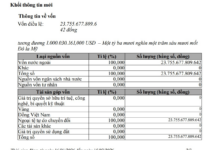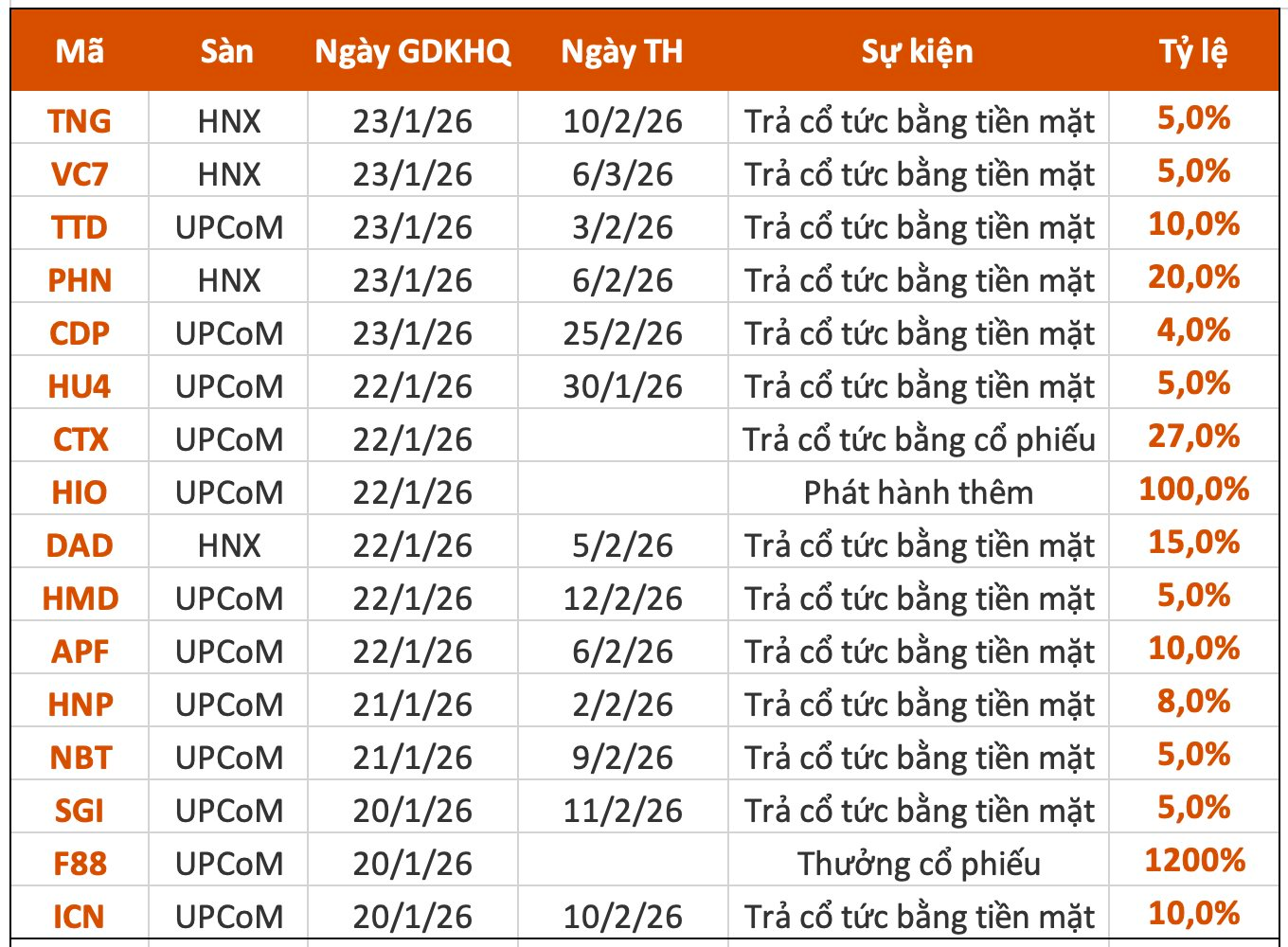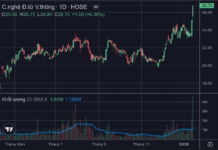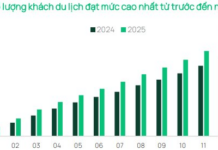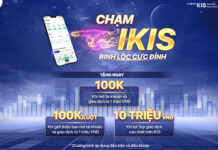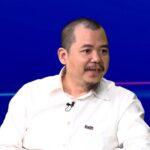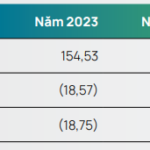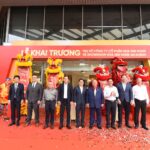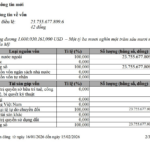In the recent episode of “Shark Tank Vietnam – Investment or PR?” Mr. Nguyen Thanh Hung, Vice Chairman of CenGroup, shared his insights on the essential qualities of a successful startup founder. He emphasized that a startup is inherently linked to its business model, and thus, the founder must have a strong grasp of it.
According to Mr. Hung, there are two common approaches to starting a business. The first resembles the model of large companies in Vietnam, where a team of 13 people deliberates on their next steps without a clear direction. The second approach is based on the concept of “From Good to Great,” where the focus is on having the right companions for the journey rather than a fixed destination.
However, Mr. Hung offered a different perspective. He believes that while having the right team is crucial, a clear business model is paramount. He likened starting a business without a model to embarking on a cross-continental journey without a map. Therefore, he suggested that a competitive business model should be the priority.
“There are those who succeed through sheer determination and hard work,” Mr. Hung acknowledged. “However, their business model often involves a lot of trial and error, and their success may be limited to specific economic conditions. In a booming economy, almost any venture can thrive due to the lack of competition. For example, in the 1990s, there were only a handful of private enterprises in Vietnam, so any new business had a high chance of success.”
Recalling his appearances on Shark Tank Vietnam, Mr. Hung mentioned that Shark Binh (Mr. Nguyen Hoa Binh, Chairman of NextTech Group) often advised startups: “Please don’t start a business,” and even Mr. Hung himself, after hearing numerous pitches, has suggested that some entrepreneurs would be better off “starting a business in the forest” as he couldn’t foresee any promising outcomes.

Mr. Hung recommended the book “Ikigai – The Reason for Being,” which addresses common startup concerns such as when to start a business and what model to follow. Ikigai consists of four key elements:
First, passion
Mr. Hung emphasized that founders must identify their true passion, something that ignites a fire within them and for which they are willing to make sacrifices. Only with such passion can they persevere through challenges and emerge stronger on the other side.
Second, ability
Ability, according to Mr. Hung, encompasses various elements, including core competencies—those unique strengths that set one apart from the competition. This could be the ability to create valuable products, effectively scale operations, etc.
Third, valuable products
The business model or product must provide tangible value to society and address a specific problem. Customers should be willing to pay for it because it offers something truly beneficial.
Finally, effectiveness
The business model should be effective and profitable. Mr. Hung noted that while some ventures may have great value and appeal, they may not be efficient or profitable. For example, on Shark Tank Vietnam, there have been brilliant scientists with innovative ideas like wind power and artificial rain, but their concepts were not practical or cost-effective, so no one pursued them.
Mr. Hung concluded that founders who possess these four Ikigai elements—passion, ability, value, and effectiveness—and can integrate them with at least a 40-50% overlap should consider starting a business. If the elements do not align or have minimal overlap, it may be wiser to hold off on entrepreneurship until a clearer vision emerges.
“If your passions, abilities, and values are scattered and don’t intersect with effectiveness, it’s best to wait,” he advised. “Find your Ikigai, your reason for being, before taking the leap into entrepreneurship.”
“DIG Increases Ownership in Cap Saint Jacques Building Operator to 99.9%”
In a recent disclosure, the Construction Development Investment Corporation (HOSE: DIG) announced that it has increased its ownership stake in its subsidiary, DIC Hospitality, from 78.3% to 99.9%.
“Staying Local: Shark Phi Vân’s 3 Essential Lessons for Franchise Success”
In the latest episode of Shark Tank, Shark Nguyen Phi Van, a franchise expert, shared her insights on three key factors that contribute to the success of Vietnamese startups in the franchise business model. With her wealth of experience, Shark Van dived into the strategies that aspiring entrepreneurs can implement to make their mark in this exciting industry.












